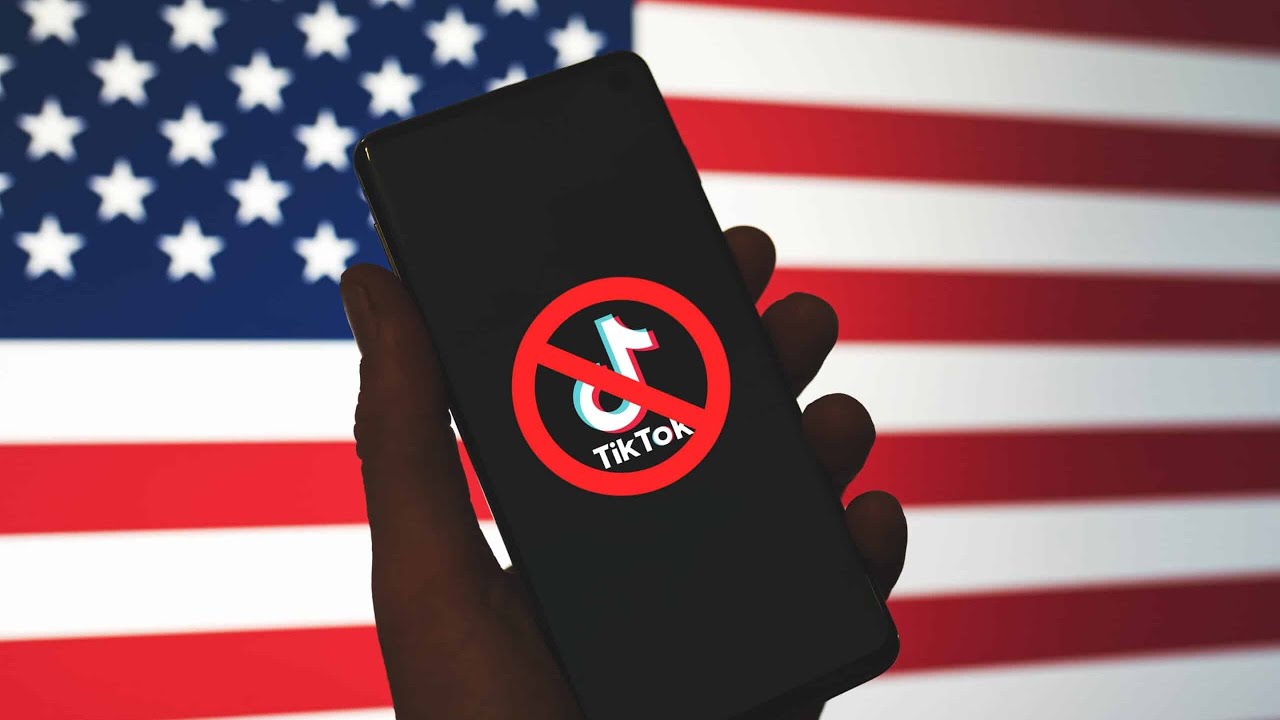
The United States is poised to implement a nationwide ban on TikTok, effective January 19, 2025, following a unanimous Supreme Court decision upholding a law that mandates the app's Chinese parent company, ByteDance, to divest its U.S. operations.
Background and Legal Developments
Concerns over national security have been at the forefront of U.S. lawmakers' minds, with fears that the Chinese government could access sensitive user data or influence content on TikTok. In response, Congress passed the Protecting Americans from Foreign Adversary Controlled Applications Act, requiring ByteDance to sell its U.S. operations by January 19, 2025, or face a ban. The Supreme Court's recent ruling supports this legislation, emphasizing the necessity to protect national security interests.
Implications for Users and the Platform
With the ban set to take effect, TikTok will be removed from U.S. app stores, preventing new downloads and updates. Current users will retain access to the app; however, without updates, the platform's functionality is expected to degrade over time, potentially leading to security vulnerabilities and a diminished user experience.
Potential for Reprieve
The incoming administration, led by President-elect Donald Trump, has indicated a willingness to explore options to delay or modify the ban. This could include issuing an executive order to suspend the ban temporarily or granting an extension for ByteDance to finalize a sale. However, legal experts note that altering a law passed with overwhelming bipartisan support presents significant challenges.
Market Dynamics and Alternatives
The potential absence of TikTok from the U.S. market opens opportunities for alternative platforms to gain traction. Notably, another Chinese-owned platform, RedNote, has seen a surge in popularity as users seek substitutes for TikTok. Additionally, U.S.-based social media companies may experience increased user engagement and advertising revenue in TikTok's absence.